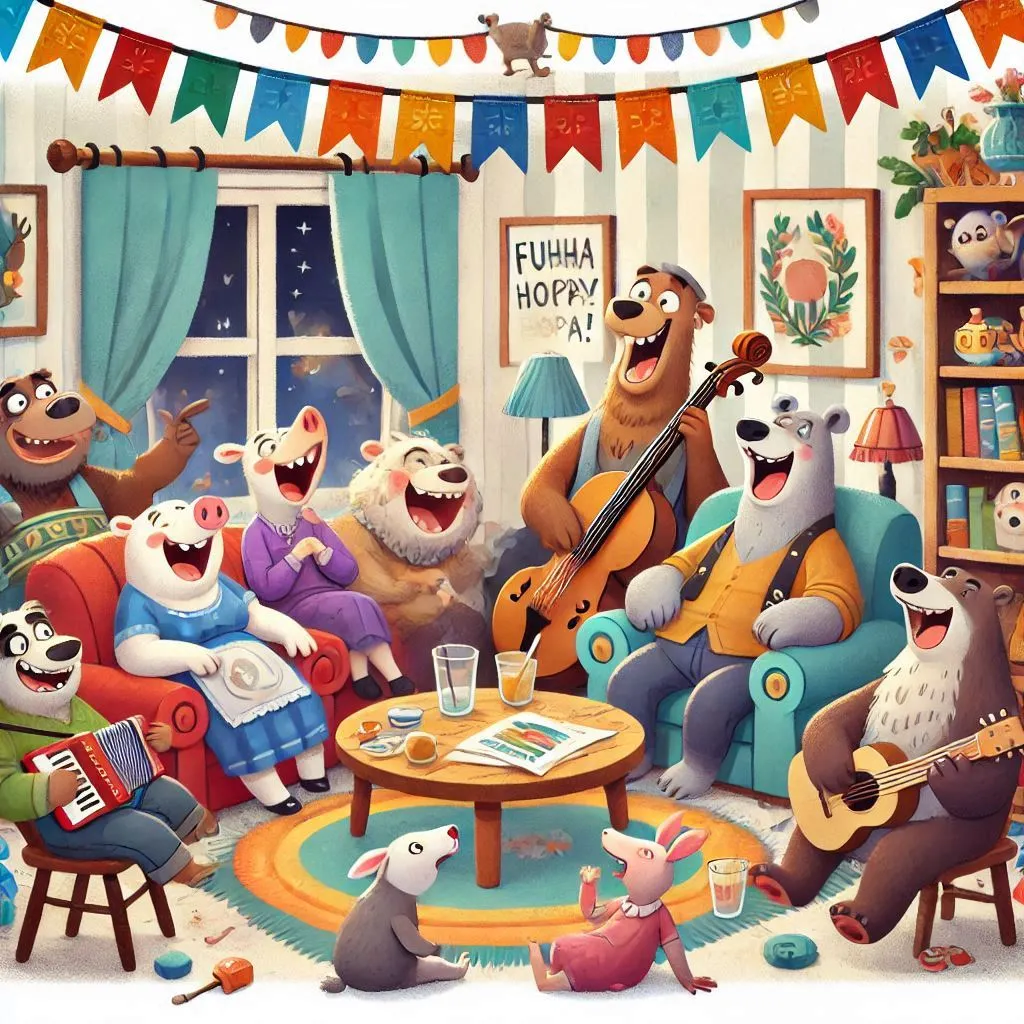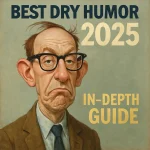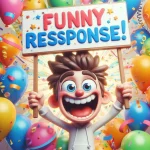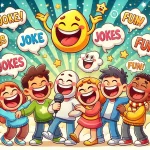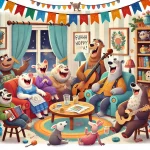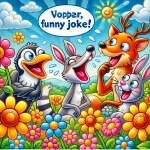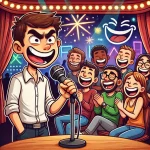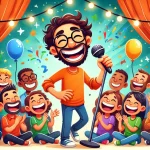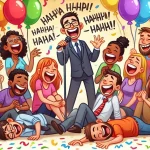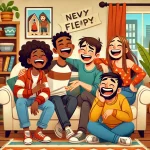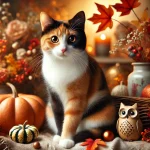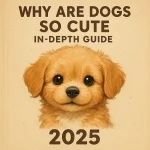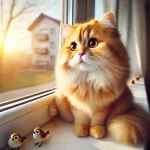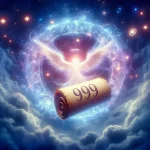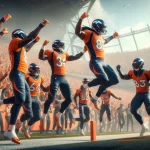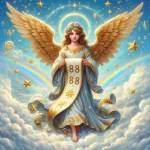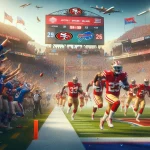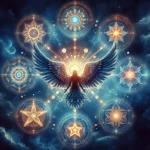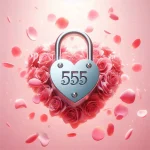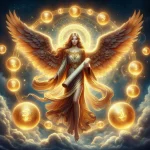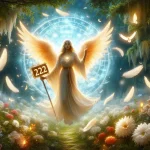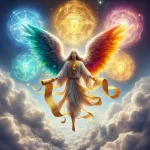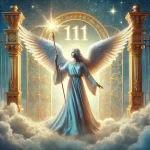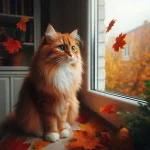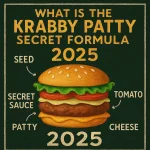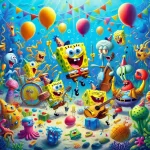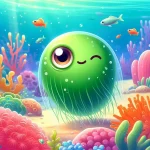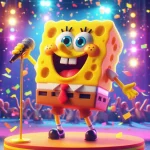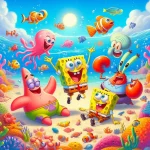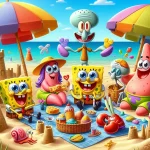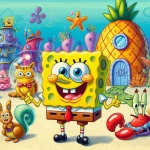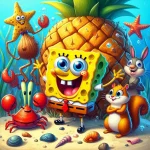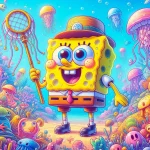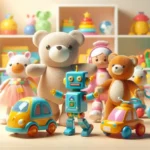- 100 Best Dark Humor Jokes 2025 In-Depth Guide - 06/20/2025
- 100 Attractions in the World 2025 In-Depth Guide - 05/13/2025
- 100 Best Life Hacks 2025 In-Depth Guide - 05/12/2025
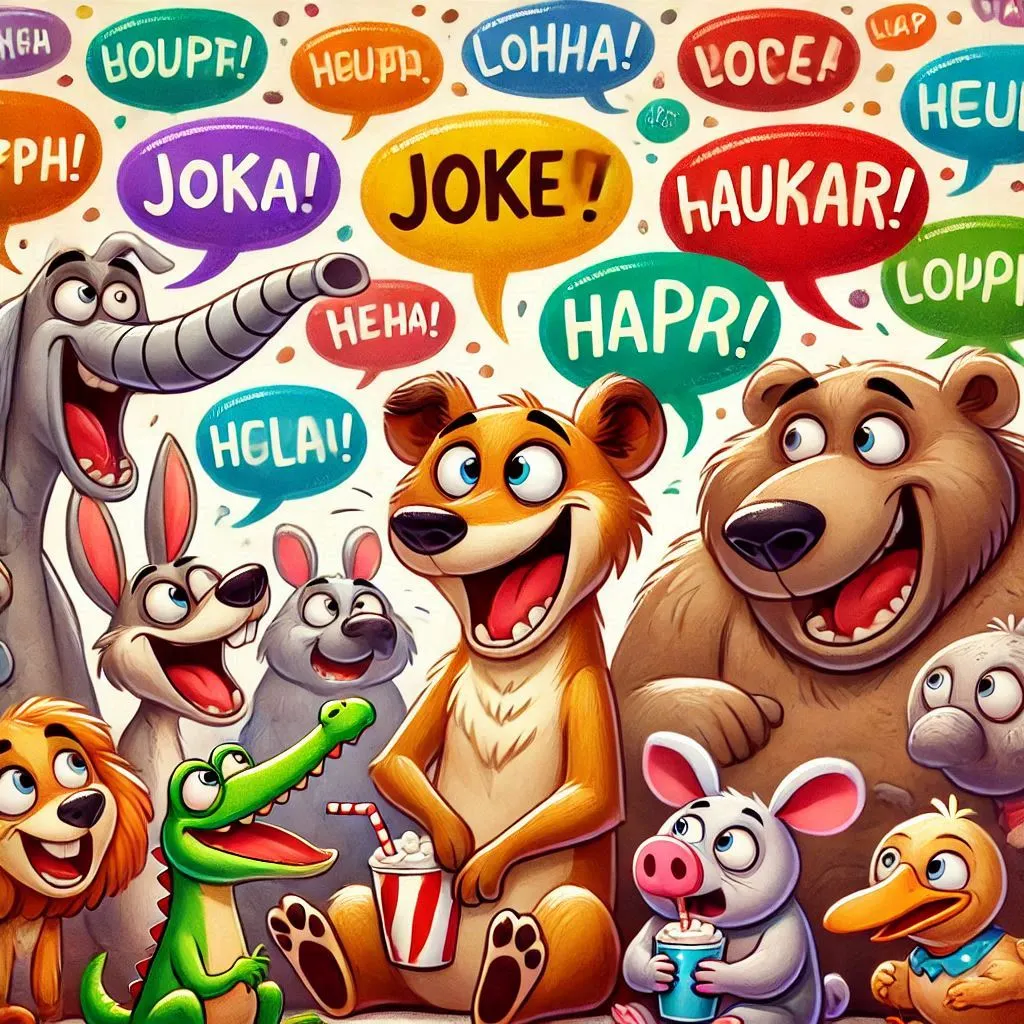
Table of Contents
Introduction: Understanding Dark Humor Memes
In the digital age, humor has evolved from traditional stand-up routines and sitcoms to viral memes that permeate every corner of the internet. Among these, dark humor memes stand out for their controversial and often boundary-pushing nature. These memes tackle sensitive subjects—such as death, illness, and societal taboos—in a way that can both shock and entertain. But what is it that makes dark humor so compelling to certain online audiences? This article delves into the phenomenon of dark humor memes, exploring their origins, impact, and the ethical considerations surrounding them.
1. What Are Dark Humor Memes?
Dark humor memes are internet jokes or images that often contain controversial, offensive, or taboo topics such as death, tragedy, or societal taboos. These memes are characterized by their ability to make light of serious subjects, presenting a stark contrast to the somber nature of the topics they address.
Characteristics of Dark Humor Memes:
- Offensive Content: Often uses distressing, grim, or taboo subjects to provoke a reaction.
- Subversive Nature: Challenges societal norms, expectations, and conventions around what is appropriate humor.
- Shock Value: Designed to surprise or even disturb the audience.
- Satire: Frequently employs irony and satire to criticize societal issues.
While some may find these memes distasteful or harmful, others appreciate the catharsis and the way they can challenge social constructs.
2. The History of Dark Humor
Dark humor, as a concept, has existed for centuries, but its digital manifestation—memes—has evolved in recent years. Historically, dark humor was evident in literature, plays, and stand-up comedy, with figures such as Mark Twain and Groucho Marx employing elements of it. However, in the digital age, memes have taken this form of humor to new heights.
The earliest examples of dark humor memes can be traced back to image boards like 4chan and Reddit. These online platforms became fertile ground for users to experiment with extreme forms of humor, pushing boundaries in ways that traditional media could not. The rise of memes on social media platforms like Twitter, Instagram, and TikTok further accelerated the spread of dark humor.
3. Psychological Appeal of Dark Humor Memes
Dark humor memes resonate with certain individuals because they offer a unique psychological experience. The appeal often lies in the discomfort they induce. For those who enjoy dark humor, these memes can serve as a coping mechanism to deal with the harsh realities of life.
Key Psychological Theories:
- Incongruity Theory: This theory suggests that humor arises when something unexpected or incongruous occurs. Dark humor takes an unexpected, often shocking turn by juxtaposing serious topics with humor.
- Benign Violation Theory: This theory states that something is funny when it simultaneously violates some social or moral norm, while still being perceived as non-threatening. Dark humor fits this model by taking taboo subjects and treating them humorously.
- Coping Mechanism: For some, dark humor memes serve as a way to deal with personal or collective trauma. Laughing at the absurdity of life’s most challenging aspects can make them feel more manageable.
4. Why People Share Dark Humor Memes
The sharing of dark humor memes can be motivated by various factors:
- Camaraderie: Sharing dark humor memes can create bonds between individuals who share similar values or views on humor.
- Shocking Content: People often share these memes because they elicit strong reactions—whether that’s laughter, surprise, or disgust—leading to greater engagement.
- Taboo and Rebellion: For some, the very nature of dark humor is appealing because it involves breaking social rules. Sharing these memes can be an act of rebellion against societal norms or expectations.
- Social Media Algorithms: Algorithms on platforms like Instagram and TikTok reward engagement, and dark humor memes often provoke stronger reactions (likes, shares, comments), making them more likely to go viral.
5. The Role of Social Media in the Spread of Dark Humor
Social media platforms have amplified the reach of dark humor memes. Websites like Reddit (especially subreddits like r/darkhumor), Instagram, and Twitter have facilitated the rapid sharing of such content. The virality of memes is largely driven by the ability of users to share them quickly and anonymously, often without facing the same backlash they might encounter in face-to-face situations.
Furthermore, meme culture thrives in a digital environment where anonymity and distance from consequences make people more likely to engage in behaviors they might avoid in real life. This has led to the normalization of content that was once deemed inappropriate in traditional media.
6. Ethical Considerations
Dark humor memes present significant ethical questions. While humor has always been a way to challenge societal norms, the question arises whether it is ever acceptable to laugh at sensitive or distressing topics like mental illness, tragedy, or death. Several ethical concerns include:
- Harm to Vulnerable Groups: Dark humor memes can perpetuate harmful stereotypes or reinforce negative perceptions of marginalized groups.
- Desensitization: Over time, exposure to dark humor can desensitize individuals to serious issues, potentially making them less empathetic.
- Intent vs. Impact: While some creators may not intend to harm, the impact of these memes can be negative, especially if they reach people who are already struggling with the topics being joked about.
7. Examples of Popular Dark Humor Memes
Here are some examples of well-known dark humor memes:
- “Distracted Boyfriend” Meme: Originally an innocent meme, some versions of it took a darker turn, depicting taboo subjects or grim perspectives on relationships.
- “The Mocking SpongeBob” Meme: While generally lighthearted, certain variations use it to mock serious issues, adding a layer of dark humor.
- Creepy “This Is Fine” Dog Meme: Originating from the comic “Gunshow,” this meme depicts a dog calmly sitting in a room engulfed in flames, symbolizing an apathetic reaction to disaster.
8. Case Study: Dark Humor in Online Communities
In online communities, dark humor serves as both a bonding agent and a divisive tool. Subreddits such as r/4chan and certain Discord servers are known for their embrace of dark humor, where memes that would be considered offensive or unacceptable in mainstream society are common.
Data Analysis on Dark Humor Communities:
- r/darkhumor: A subreddit with over 1.5 million followers, this space serves as a hub for sharing dark humor memes. The popularity of this subreddit shows a growing acceptance of this type of content, despite its controversial nature.
- 4chan: Known for its unmoderated content, 4chan has hosted a subculture of dark humor that has influenced meme culture on other platforms.
9. Data on the Popularity of Dark Humor Memes
In recent years, there has been a noticeable rise in the popularity of dark humor memes. According to data from Pew Research Center, about 25% of internet users have come across memes involving sensitive or taboo subjects.
Table: Popularity of Dark Humor Memes by Platform
| Platform | Percentage of Users Engaged in Dark Humor Content | Year |
|---|---|---|
| 34% | 2023 | |
| 21% | 2023 | |
| TikTok | 18% | 2023 |
| 15% | 2023 | |
| 10% | 2023 |
As seen in the table, Reddit remains the platform where dark humor memes are most prevalent, followed by Instagram and TikTok.
10. Conclusion
Dark humor memes have become a significant part of internet culture, reflecting both societal anxieties and a desire to subvert traditional norms. While their popularity continues to grow, the ethical questions surrounding them cannot be ignored. As they evolve and become more ingrained in digital culture, it will be crucial to consider both their psychological appeal and potential for harm. Ultimately, the world of dark humor memes is a complex blend of creativity, rebellion, and controversy—an ever-present reminder of the boundaries of humor in the modern world.
References:
- Shifman, L. (2014). Memes in Digital Culture. MIT Press.
- Pew Research Center. (2023). The State of Online Communities and Their Impact. Retrieved from pewresearch.org.
- Martin, R. A. (2007). The Psychology of Humor: An Integrative Approach. Elsevier Academic Press.
Recommended Articles:
What Can I Feed a Stray Cat: 2025 Comprehensive Guide – love a happy home
What to Do if You Find a Stray Dog 2025 – love a happy home
- 100 Best Dark Humor Jokes 2025 In-Depth Guide
- 100 Attractions in the World 2025 In-Depth Guide
- Amazon Best Sellers in Clothing Shoes: Top 10 2025
- Walmart Photo Center: The Ultimate Guide 2025
- Capybara as a Pet: The Ultimate Guide 2025
- Top 100 Attractions in the World 2025
- US Female Movie Stars Top 10 2025 In-Depth Guide
- Who is the Most Handsome Man in the World?
- Top 100 Party Entertainment Ideas 2025
- 100 Best Dad Jokes That Never Get Old 2025
- US Male Movie Stars Top 10
- How to Make Slime 2025 In-Depth Guide
- YouTube History Top 10 Funny Videos 2025 In-Depth
- How to Make a Paper Airplane 2025 In-Depth Guide
- Can Dogs Eat Fruit? A Comprehensive Guide 2025
- The Funniest Dad Jokes 2025 In-Depth Guide
- Guess What Jokes: 2025 A Playful Exploration
- 100 Funny Jokes 2025 In-Depth Guide
- Knock Knock Jokes: 2025 A Playful Dive into Humor
- 2025 100 Best Dad Jokes In-Depth Guide
- Best Dry Humor 2025 In-Depth Guide
- Funny Responses to “How Are You”: Clever Comebacks
- Dark Humor Memes: 2025 A Deep Dive
- Dark Humor Memes: 2025 A Deep Analysis
- Dark Humor: 2025 A Deep Dive
- What the Difference Between Jokes 2025?
- Funny Jokes: 2025 A Deep Dive into Humor
- Funny Dad Jokes: 2025 A Deep Dive into Humor
- How to Be Funny: 2025 A Comprehensive Guide
- Funny Dad Jokes: 2025 A Timeless Source of Laughter
- Funny Names 2025: Unusual Monikers
- Funny Names: 2025 A Journey Through Humor
- Funny Jokes 2025: Universal Joy
- Funny Jokes: 2025 Exploring Humor
- Calico Cat Names: 2025 Ultimate Guide
- Why Are Dogs So Cute? In-Depth Guide 2025
- Can Dogs Eat Tomatoes? A Complete Guide for Pet Owners
- What Can Dogs Eat? 2025 A Complete Guide
- Why Are Cats So Cute 2025
- Can Dogs Eat Cat Food 2025 In-Depth Guide
- Why Does My Cat Lick Me 2025
- 999 Angel Number Meaning: A Complete Guide
- Russell Wilson: The Quarterback of the Denver Broncos
- Denver Broncos: A Storied Franchise in the NFL
- 888 Angel Number Meaning: A Powerful Symbol
- 49ers vs Bills: Comprehensive Postgame Analysis
- 666 Angel Number Meaning: Hidden Meaning
- Meaning of 555 in Love: Spiritual and Symbolic Messages
- Trails: 2025 Pathways to Discovery and Connection
- 333 Angel Number Meaning: A Spiritual Guide
- 222 Angel Number Meaning: A Comprehensive Guide
- 777 Angel Number Meaning: A Comprehensive Guide
- 444 Angel Number Meaning: A Comprehensive Guide
- 111 Angel Number Meaning: A Comprehensive Guide
- Best Ginger Cat Names(25 Types Perfect Choice)
- What is the Krabby Patty Secret Formula? 2025 Deep Dive
- Best SpongeBob Party(1 Complete Guide)
- The Lovable Villain of SpongeBob: Plankton
- SpongeBob SquarePants(Character Design and Voice Actor)
- SpongeBob SquarePants: Iconic Character Introductions
- Classic SpongeBob SquarePants Episodes and Quotes
- SpongeBob SquarePants: All Character Introductions
- SpongeBob SquarePants: The Eternal Optimist
- SpongeBob Meme: The Phenomenon Explained
- Toy Poodle: The Perfect Petite Companion
- Toy Story 5: A Journey of Hope and Belonging
- 2024 Black Myth: Wukong Review
- Best Home Theatre Installation(4 Steps)

